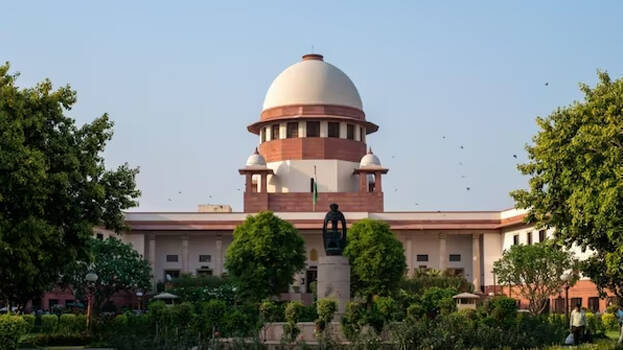

It is common practice for major businessmen to donate substantial sums to ruling political parties. These donations often come with expectations of benefits such as business expansion opportunities and tax breaks. Prior to 2018, the country's law mandated political parties to disclose donations exceeding 20,000 rupees. In 2017, the bond scheme was introduced by then Union Finance Minister Arun Jaitley during his budget speech and it came into effect in 2018. Under this scheme, individuals or companies can purchase bonds of any denomination from banks and allocate them to political parties without any limit and these contributions are not subject to taxation.
SBI is responsible for facilitating this bond system introduced by the central government. According to calculations by the Election Commission and the Association for Democratic Reforms, from 2017-18 to 2022-23, political parties have received a total of Rs 16,518.11 crore through these bonds, with the ruling party, BJP, receiving the largest share. Election bonds are structured in a way that allows for significant concealment of information from the public eye. In a landmark decision on February 15, the Supreme Court struck down the acceptance of funds through election bonds, deeming it a threat to democracy and unethical. This decision was widely applauded by proponents of democracy in the country and was seen as a setback for the central government.
On the day the election bonds were invalidated, the Supreme Court ordered that complete information on bonds exchanged since April 12, 2019, be handed over to the Election Commission by March 6. However, unprepared for this, SBI requested an extension until June 30 to disclose this information just two days before the deadline. Opposition parties have accused SBI of colluding with the central government to delay the disclosure of bond information until after the general elections. There were even allegations that SBI was playing politics by seeking such a short delay in issuing bond documents.
With the Supreme Court rejecting SBI's request for an extension, the stage is now set for this information to be made public on the Election Commission's website by Friday. SBI Chairman is required to submit an affidavit confirming compliance with the order, or face legal action. CPM and another organization have filed a contempt petition against the bank.
Why are political parties apprehensive about the public disclosure of donation details? The credibility of democracy hinges on transparency. Any deviation from this principle risks eroding the foundation of democracy. In this regard, the Supreme Court's ruling is expected to bolster democracy by ensuring greater transparency.